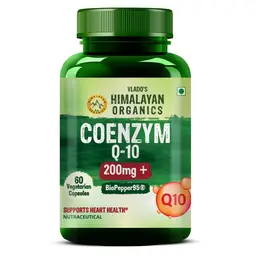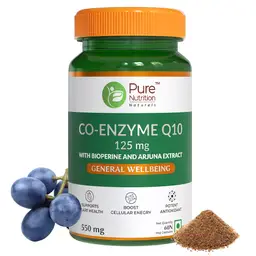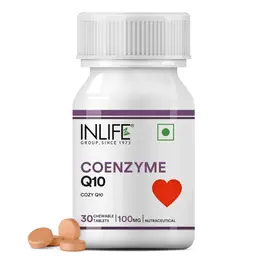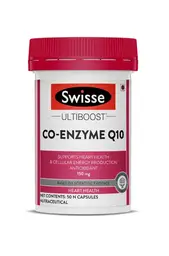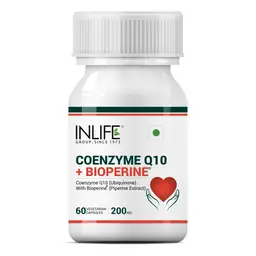7 Foods High In Coenzyme Q10
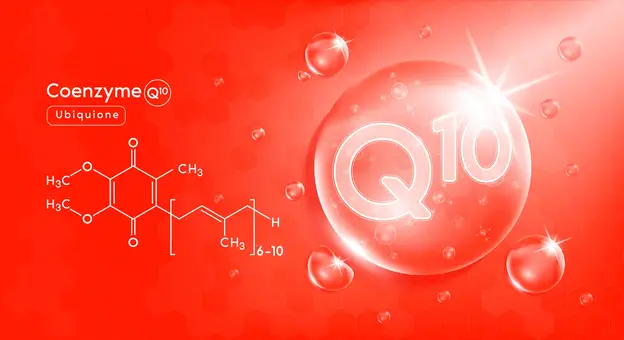
7 Foods High In Coenzyme Q10
Posted on 3rd May, 2023
Coenzyme Q10 is an essential nutrient that helps in carrying out the cellular processes in the body and is responsible for energy production.
This important coenzyme is found naturally in many foods, but some sources are richer in CoQ10 than others.
So if you want to know about Coenzyme Q10, you are at the correct place. In this article, we have covered the health benefits of Coenzyme Q10, as well as foods rich In Coenzyme Q10.
How much Coenzyme Q10 is enough?
Although our bodies naturally produce CoQ10, some people may not make enough. The body typically contains between 500 to 1,500 milligrams of CoQ10, but this amount decreases with age.
Since the ideal dosage of CoQ10 varies from person to person, there are no known standard dosages.
An additional source of Coenzyme Q10
While CoQ10 is present in several foods, the amount is significantly less compared to supplements.
In some cases, people may need both supplements and a healthy diet to maintain adequate levels of CoQ10.
Since CoQ10 is a fat-soluble compound, it is slowly and poorly absorbed by the body. Hence, taking CoQ10 supplements with food can enhance its absorption in the body.
Foods rich in Coenzyme Q10
Soybean:
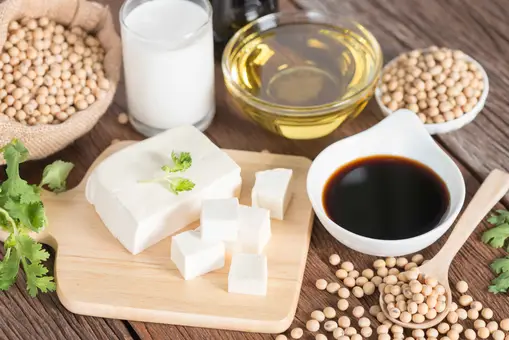
Soybean is a rich source of CoQ10 and is commonly found in many processed foods. A tablespoon of soybean oil contains approximately 0.6 milligrams of CoQ10. There are various Soybean sources available such as soy milk and tofu.
Broccoli:
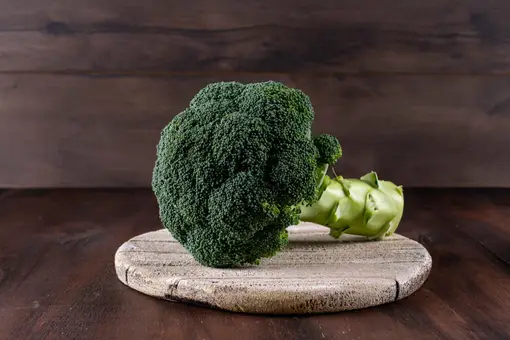
Broccoli is a nutritious vegetable that is a good source of CoQ10, and it is also believed to lower the risk of cancer. A 100-gram serving of cooked broccoli contains about 0.8 milligrams of CoQ10.
Peanuts:
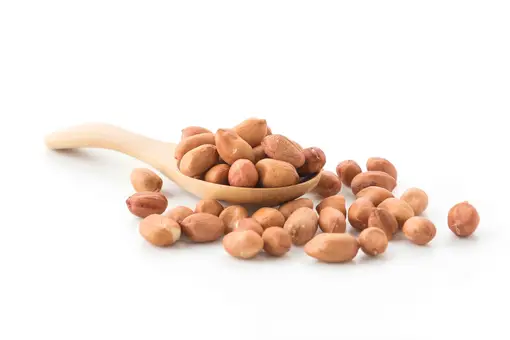
Peanuts are also high in CoQ10 and it supports female fertility and improves bone health. A 100-gram serving of peanuts contains approximately 0.8 milligrams of CoQ10.
Fatty Fish:
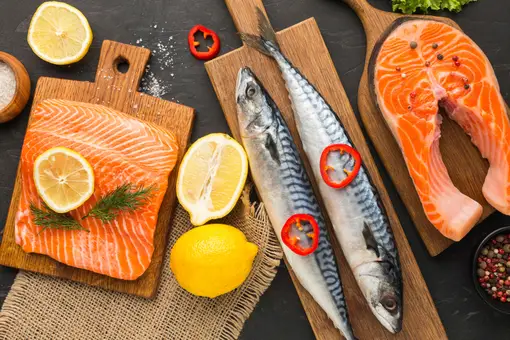
Fatty fish such as salmon, mackerel, and tuna are excellent sources of CoQ10. In a 100-gram of cooked salmon, you can get about 1.4 milligrams of CoQ10, while in 100-gram of cooked mackerel, approximately 2.6 milligrams of CoQ10 is present.
Oranges:
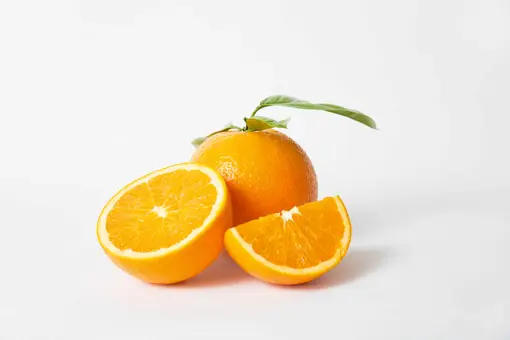
Orange is a nutrient-packed fruit that contains CoQ10, vitamins C & A, although in lower amounts than other sources mentioned above. It is a great source of nutrients required to keep our body healthy.
Nuts and Seeds:
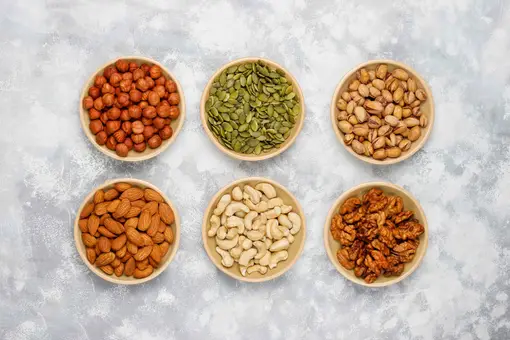
Nuts such as almonds, peanuts, pistachios, and seeds like sesame seeds are rich sources of good and healthy fats. Additionally, these nuts are a great source of CoQ10, in Sesame seeds, almost 1.7 milligrams of CoQ10 is present.
Oils:
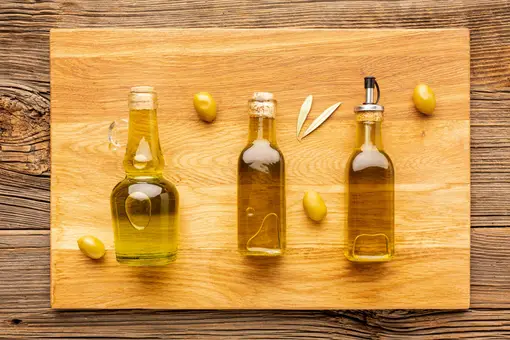
Amongst all the sources, oils such as olive oil, soybean oil, canola oil, and grapeseed oil are all good sources of CoQ10.
What are the health benefits of Coenzyme Q10?
Now that we know about the CoQ10-rich food sources, let's discuss why CoQ10 is important for us and what are the numerous health benefits of including this nutrient in our daily life.
Healthy Heart:
CoQ10 is critically important for maintaining cardiovascular health. It regulates blood circulation, and blood pressure, and prevents the formation of blood clots that can lead to heart attack.
Healthy Brain: ‘
CoQ10 also supports brain health by providing the necessary energy for optimal brain function. In age-related cognitive decline, CoQ10 helps slow down the progression and reduces the risk of neurodegenerative diseases such as Alzheimer's and Parkinson's.
Reduces Migraine:
CoQ10 supplements may also help reduce the frequency and severity of migraines. In recent studies, CoQ10 supplements have also shown a reduction in the frequency of migraines by up to 50%.
Female Fertility:
CoQ10 l for the proper functioning of the mitochondria, which produce energy in our cells. The ovum (egg) is the largest cell in the human body and requires a significant amount of energy to develop and function correctly. CoQ10 is essential for the energy required for ovum development and its maturation process.
Prevents Skin Aging:
CoQ10 also acts as an antioxidant, which helps prevent cellular damage caused by free radicals. The antioxidant properties of CoQ10 protect our skin from damage and promote healthy skin cell turnover. Additionally, it can help reduce the appearance of fine lines and wrinkles, making it a popular ingredient in skincare products.
Conclusion:
CoQ10 is an essential compound for our bodies, However, with increasing age, the natural production of CoQ10 starts declining.
However, with CoQ10 supplements and CoQ10-rich foods in our diet, we can fulfill the body requirement for CoQ10.
CoQ10 has several potential health benefits, including a healthy heart, brain, and female fertility. It is also known to prevent skin aging by acting as an antioxidant.

Health articles from our experts
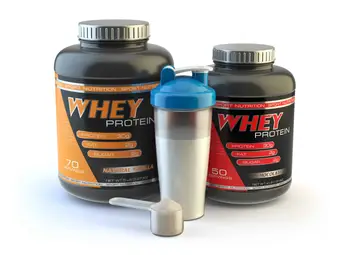
List of Top Whey Proteins for Muscle Gain

Benefits of Protein Powder on Men's and Women's Health

A complete guide on sexual wellness supplements for couples
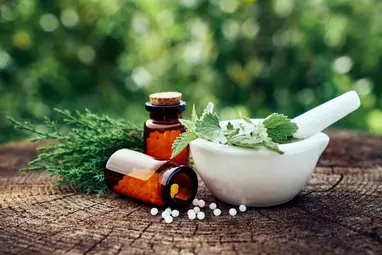
List of Top 10 Ayurvedic Medicine for Constipation

What Is The Right Dosage for Omega-3 Supplements?

Top 10 Sexual Wellness Supplements Brands in India
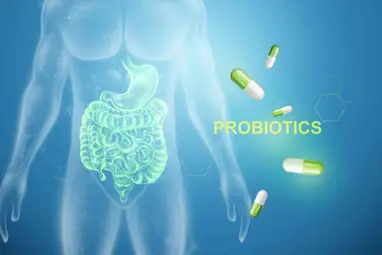
The Power of Probiotics: Nurturing Gut Health for Overall Wellbeing

Boosting Libido Naturally: A Guide to Effective Sexual Wellness Supplements

Multivitamins for Hair, Skin, and Nail Health: Enhancing Your Natural Beauty


